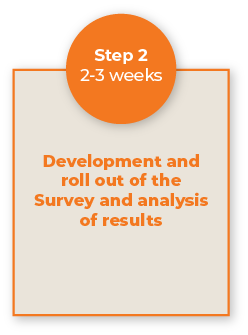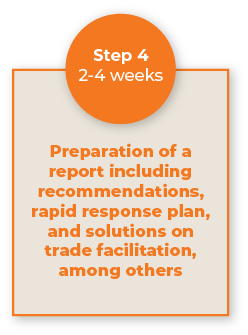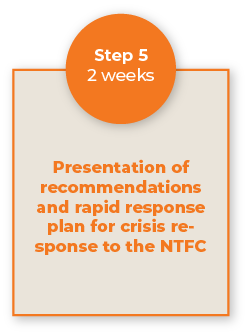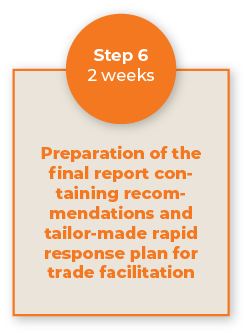
The Coronavirus 2019 (COVID-19) pandemic has hit international trade worldwide, underscoring the importance of maintaining trade connectivity not only for the immediate pandemic response, but also for the subsequent recovery efforts in order to build resilience to future disruptions.
UNCTAD aims to support Developing Countries and Least-Developed Countries (LDCs) to improve their national and/or regional capacity to better respond to future crises and ensure the minimum disruption to the flow of imports, exports, and goods in transit (especially essential goods), while ensuring compliance with controls such as Customs, health, sanitary etc.
Working with the National Trade Facilitation Committee (NTFC) and other relevant authorities involved in cross-border trade, UNCTAD will review the following:
- Main challenges faced in transit and trade facilitation since the outbreak of the crisis in the country.
- Measures and regulations related to the international trade environment.
- Existence of national crisis related regulations and measures on international trade and transit.
- Implementation of such regulations and measures.
- Impact of the implementation such as their benefits and challenges.
- Regional relevant regulations and measures.
Methodology
Based on the good practices of trade facilitation measures, the Rapid Scan will provide a focused yet rapid look into the available national emergency regulations pertaining to trade facilitation and its application in times of crisis.
Through an adaptable methodology developed by UNCTAD, and with substantive and specific input by the beneficiary country, the outcome of the rapid scan will consist of tailor-made recommendations for recovery vis-a-vis Covid-19 and recommendations for preparedness in case of future crises, including a Rapid Response Plan to be deployed.
To assist in this endeavour, a national consultant based in the beneficiary country should be identified by the beneficiary country and contracted by UNCTAD.
The steps
While the undertaking of the rapid scan can be adapted to best accommodate the needs and realities of each country, in essence, the following step-by-step methodology will be applied, where each step must be proactively and urgently carried out in sequence within limited time to ensure the rapidness criteria of the assessment.






In total, all steps require about 11 to 16 weeks to complete, depending on the actual situation and capacity of each country.
Highlights
- The rapid scan can be customized to the needs and realities of each country.
- It is a quick assessment, that can be conducted in 2 to 3 months.
- Provide quick guidance around cross-border trade in times of crisis.
- It involves the National Trade Facilitation Committee, the private and public sector and other key stakeholders such as the National Crisis Management Unit/team.
- It can be developed and conducted with assistance of local consultants.
UNCTAD will assist the beneficiary country during the whole process. From the development of a tailor-made stakeholder survey and an Interview Guide to ensure a uniform approach, to the development and revision of feasible recommendations.
Afterwards, at the request of the recipient country, UNCTAD may also provide further assistance and provide support during the implementation of the recommendations found in the response plan.



